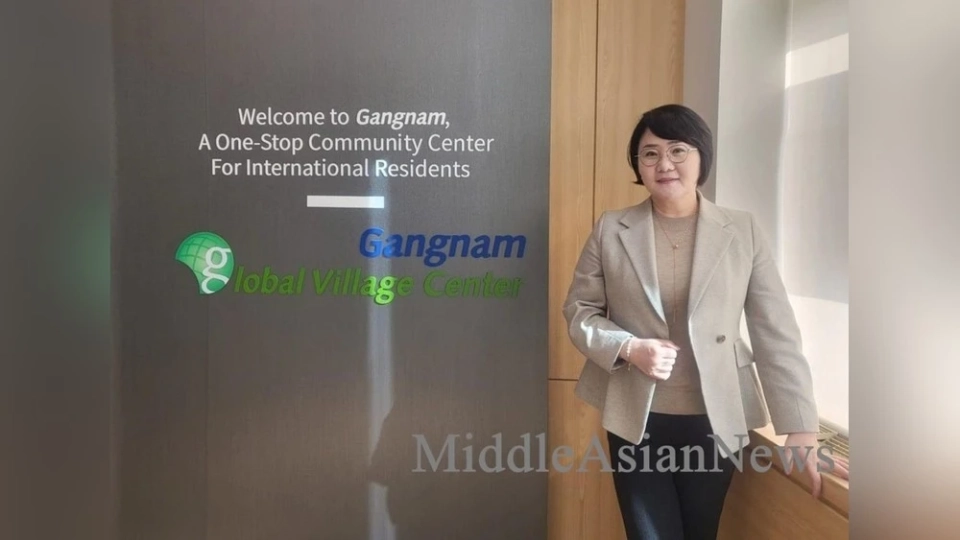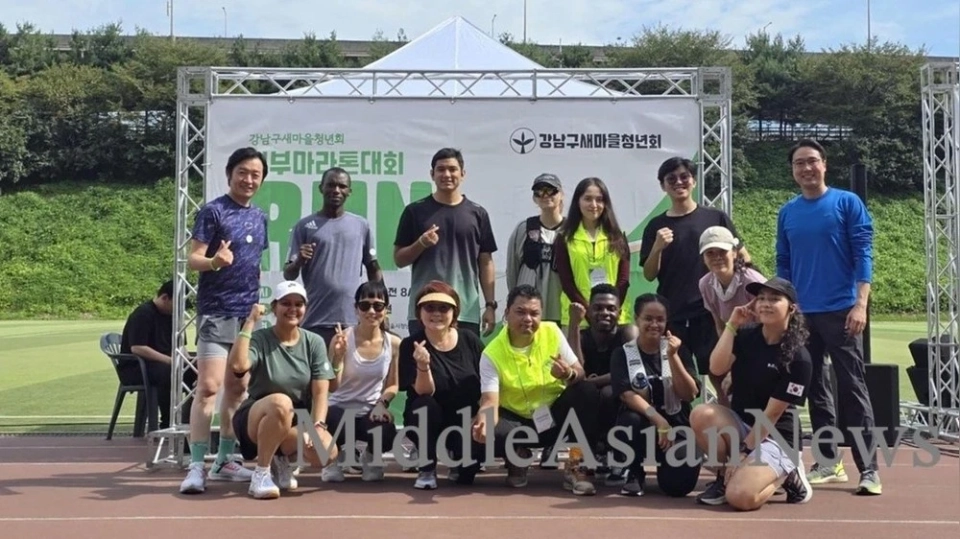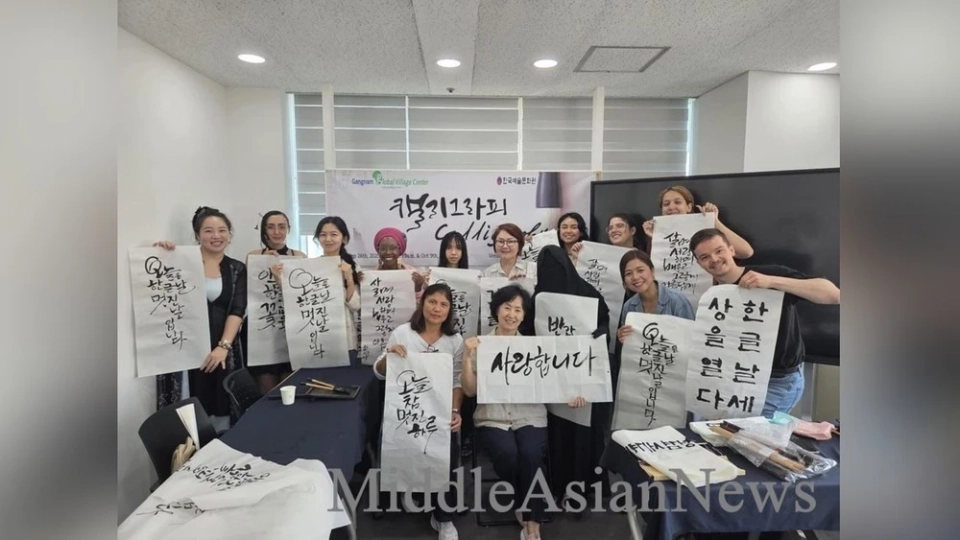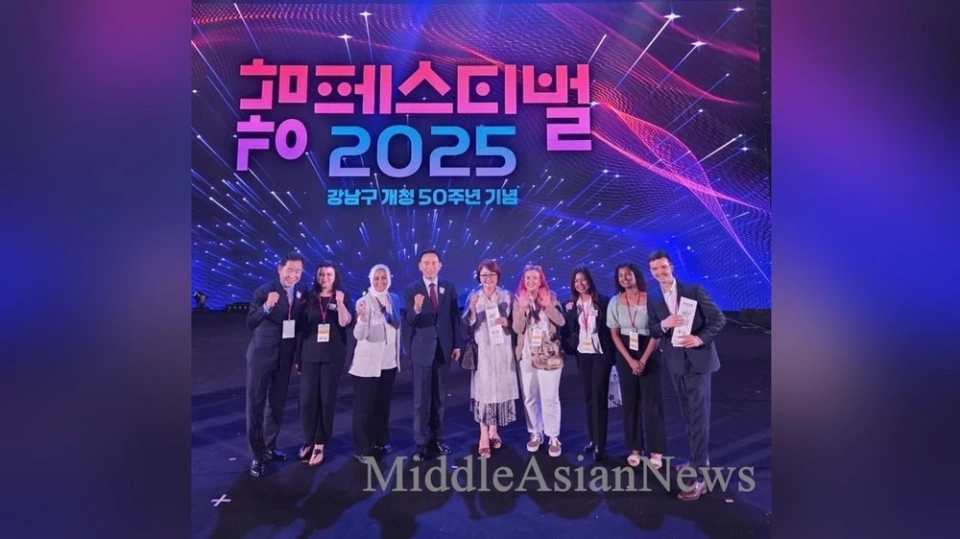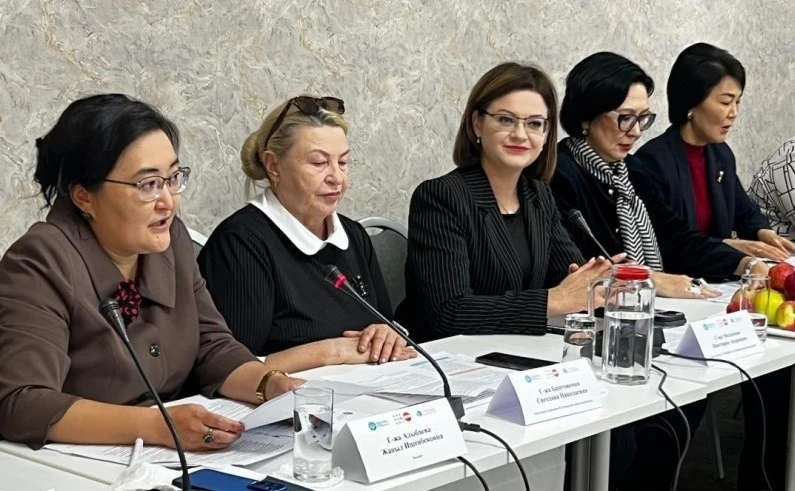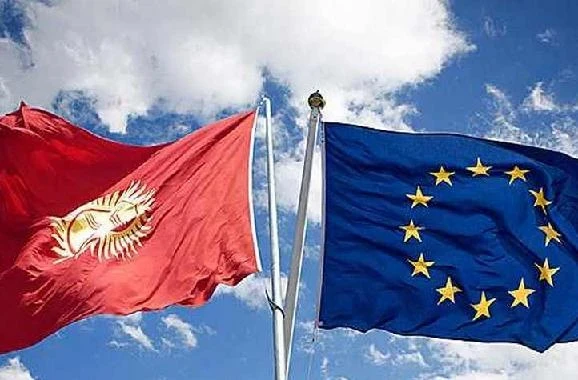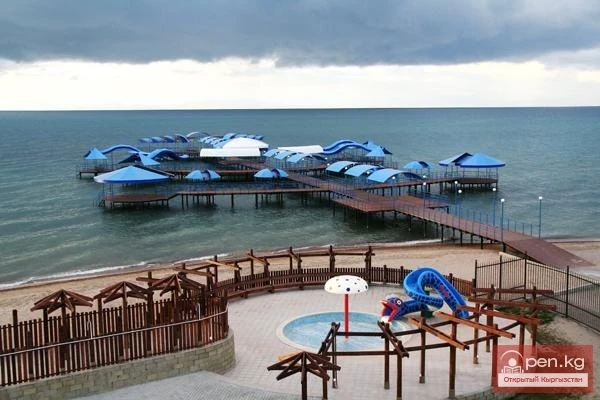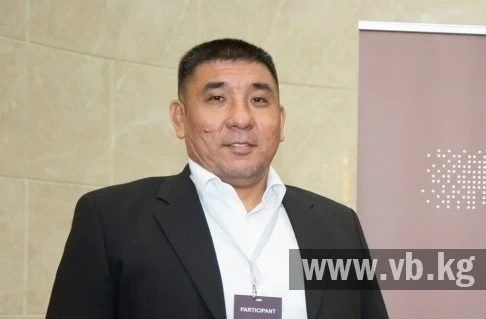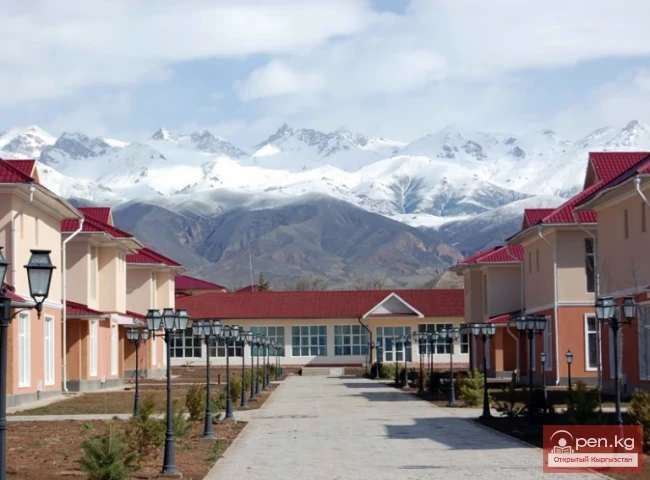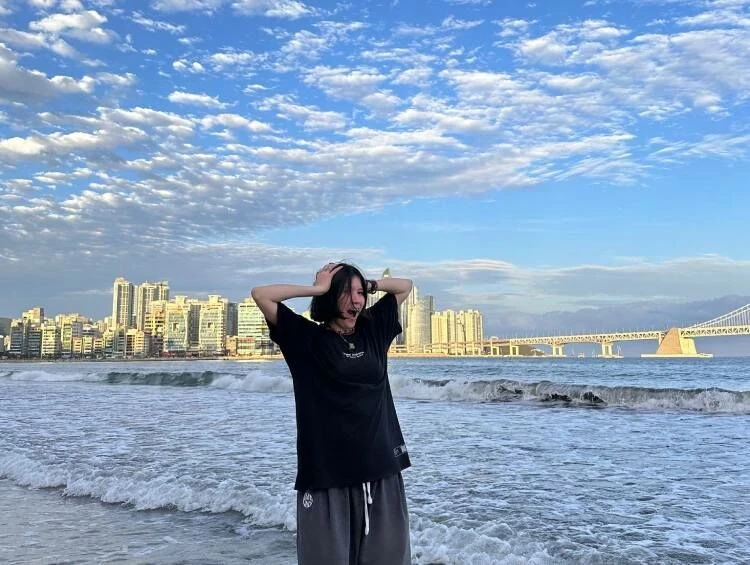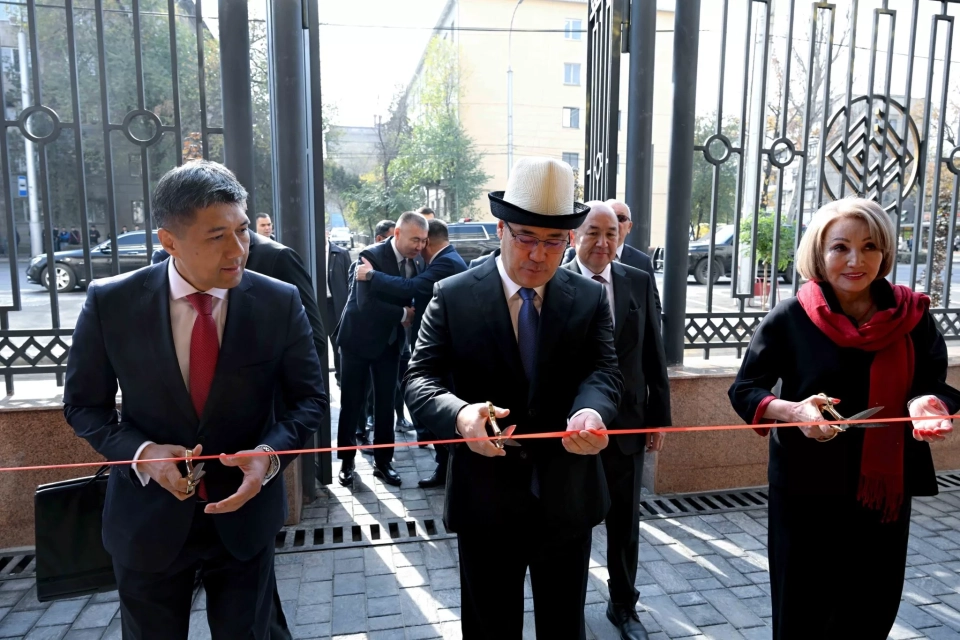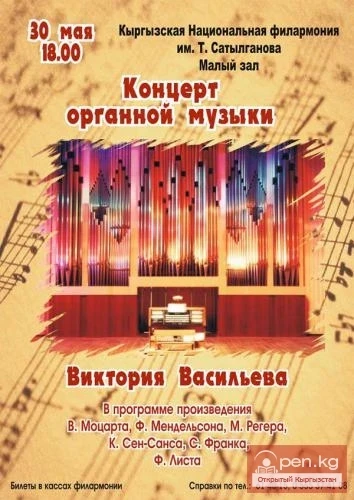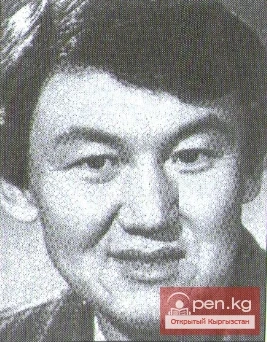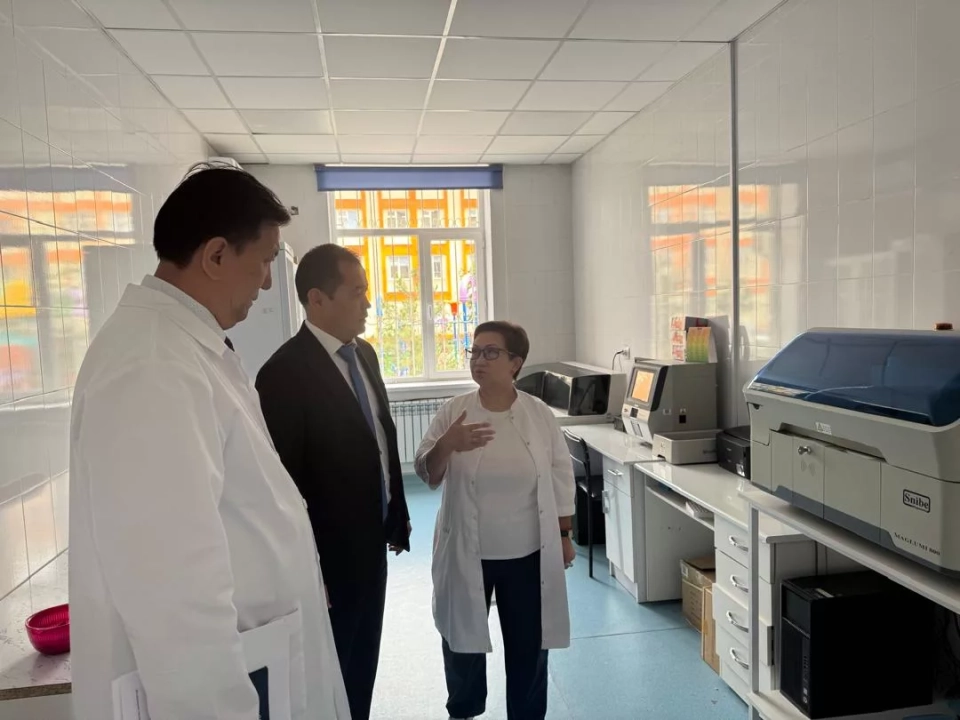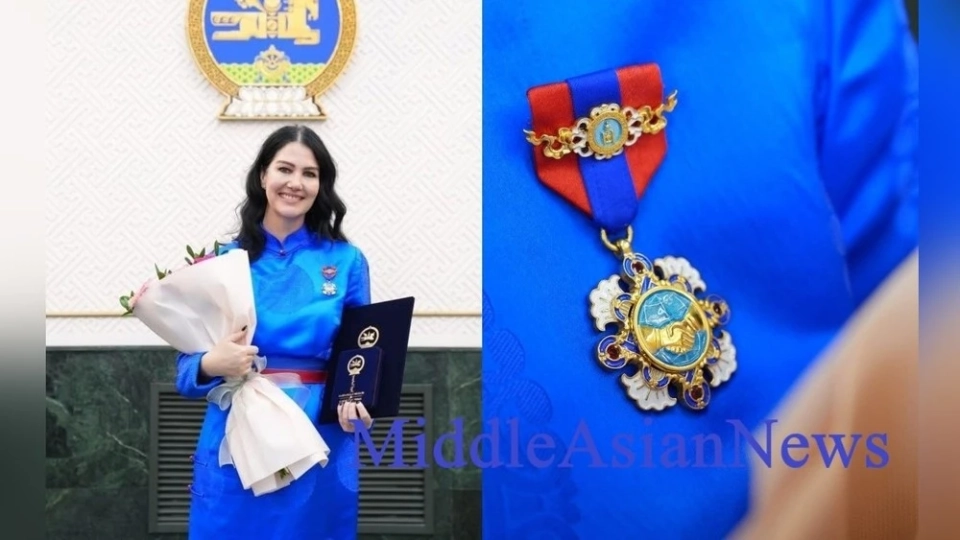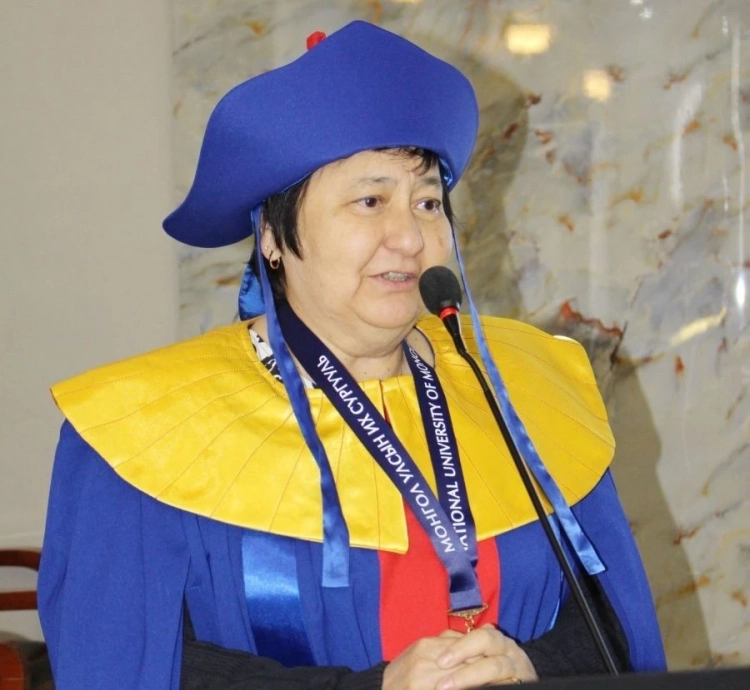Gangnam Global Village Center: A Place of Cultural Unity
In the rapidly changing social landscape of Seoul, where global diversity is increasingly felt, a small office in Gangnam-gu plays a key role in shaping the future of social integration. Under the leadership of Yun Victoria Chuka Sinju, who is the first foreign civil servant in Seoul, the Gangnam Global Village Center (GGVC) actively promotes the multicultural transformation of Korean society.
Yun, originally from Mongolia, moved to Korea over two decades ago and became the first foreign civil servant in the Seoul metropolitan government in 2011. She worked for eight years in the mayor's office and will receive her PhD by the beginning of 2024. In April 2024, Yun was appointed director of GGVC.
In her new role, she utilizes both her personal experience of long-term residence in the country and her academic knowledge to rethink the center's functions.
“I want this center to be more than just a place for language courses,” she shares in an interview. “I strive to create a space where Koreans and foreigners can communicate sincerely and understand each other.”
Growing Need for Belonging
Since its opening in 2008, GGVC, formerly known as Yeoksam Global Village Center, has provided services to the growing foreign population. Currently, about 80% of the center's visitors are women, many of whom are foreign students or young professionals aged 20 to 30.
Some of them, like Yun, have Korean spouses and are well-rooted in the country; however, most are self-studying the language, adapting to cultural nuances, and striving to create their communities.
Understanding the needs of foreigners, Yun initiated numerous programs that go beyond language and legal assistance. She organized job fairs, volunteer projects, cultural events, and self-defense courses, focusing on empowerment, mental health, and cultural exchange.
“Many foreigners come here on work visas, but finding a job is often difficult,” she noted. “For this reason, we held a job fair in June and organized career change seminars throughout the year. We even arranged hotel tours so participants could submit their resumes directly. Some have already found jobs.”
These employment initiatives are part of a broader shift towards practical support services that are not yet widespread in other Global Village centers.
From Calligraphy to Choir Ensembles
Gangnam-gu has also become a hub of creativity. In June, Yun founded the multinational choir Primero Voice, which includes 25 participants from 20 countries. The group performed for the first time on September 20 and plans a repeat performance on November 5 in Gangnam Square.
This autumn, the center also held Korean calligraphy classes, self-defense workshops for women, and participated in the celebration of Hangul Day at Gwanghwamun Square, where participants competed in artistic calligraphy.
Integration Instead of Isolation
The main task of GGVC is to facilitate mutual integration: not only to support foreign citizens in adapting to Korea but also to help Koreans establish connections with foreigners.
The "Global Chef" and "Living Library" programs are examples of this approach. In the Global Chef project, foreigners introduce Koreans to their home countries through culinary traditions, preparing dishes from Peru, Nepal, and Bolivia. In the "Living Library," foreigners familiarize Koreans with elements of their culture — language, games, and customs.
“We aim to break the stereotype that foreigners are alien elements,” emphasizes Yun. “Many people from different countries live here for various reasons. We want to show that we are all part of one big community.”
The summer expansion of the "Living Library" program now includes both Korean and foreign children who study various cultures together. Yun notes that the response has been overwhelmingly positive.
“Every year, the number of participants in our programs is growing,” she noted. “This indicates a real need for such interaction.”
Future Prospects
As the number of foreign citizens in Korea continues to rise, the work of community centers like GGVC becomes increasingly significant.
Yun is confident that the future of the center lies not only in serving foreign residents but also in creating spaces where Koreans and foreigners can interact, overcoming language and cultural barriers.
“Sometimes Koreans are shy to approach foreigners, thinking they won’t be able to communicate,” she says. “But many of them want to be friends. We just need to create such opportunities.”
Under her leadership, GGVC is actively working to create such opportunities, simultaneously conducting job fairs, choir rehearsals, and cooking classes.
Tatar S. Maydar
Source: MiddleAsianNews
